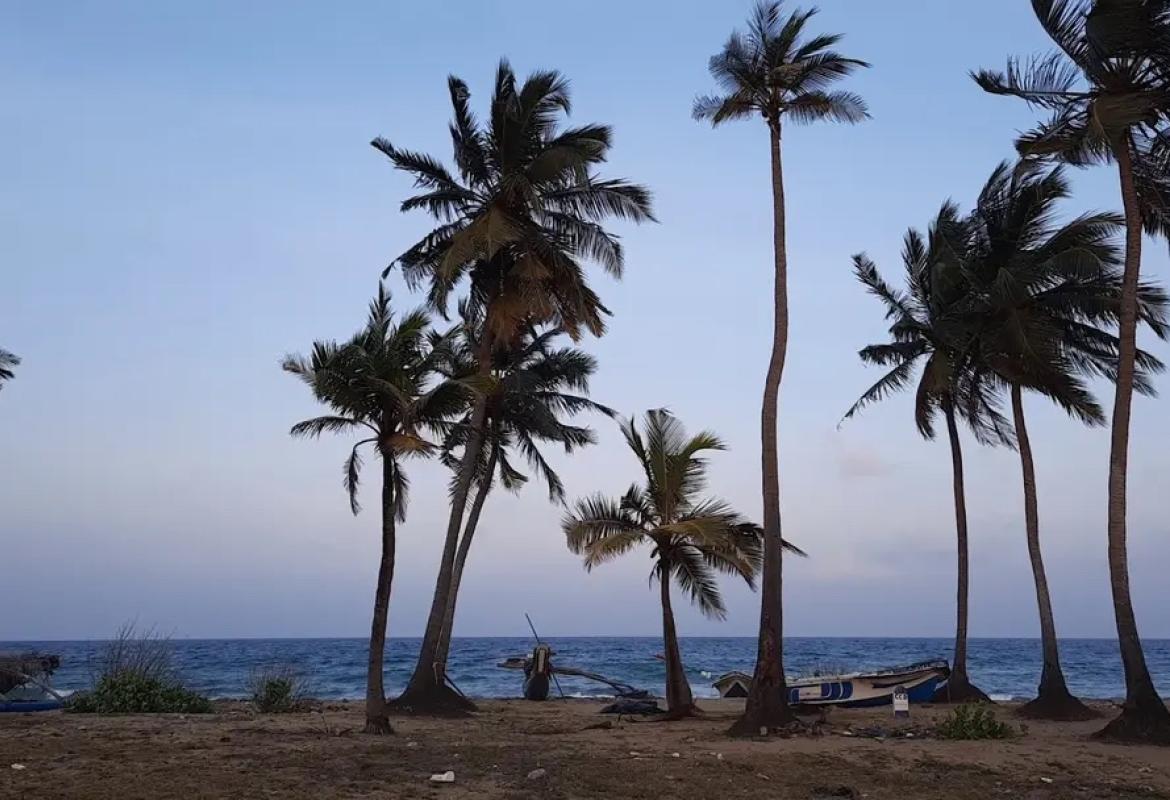Leaked US embassy cables, created towards the end of 2009, provide an intriguing insight into Tamil National Alliance (TNA) leader R. Sampanthan's thoughts on then upcoming presidential elections.
According to a leaked cable dated December 2009, Sampanthan, convinced, despite the widespread Sinhala triumphalism that the Tamil vote still had considerable value, informed US officials that "the best scenario for the Tamil community would be to extract concessions from the presidential candidates".
Moreover, he hoped that the international and domestic communities could "hold the candidates to their promises after the election."
The two main candidates were the Sinhala chauvunists, Mahinda Rajapaksa, the incumbent of the SLFP, and the former Army chief, Sarath Fonseka, backed by the other two main Sinhala parties, the UNP and JVP.
Seven months after the mass-killings of 40,000 Tamil civilians supervised by the Rajapakse-Fonseko duo, Sampanthan is quoted as asserting he was "looking for the manner in which each candidate would make promises to the Tamil community" before deciding which candidate to endorse.
Gestures Sampanthan considered desirable from the two included a "public declaration" or at a minimum "campaign promises".
According to the cable, "Sampanthan divulged that many within the Tamil community had asked him to run as an independent candidate, but he assessed that it made no sense for him to win "a couple of hundred thousand votes and lose."


